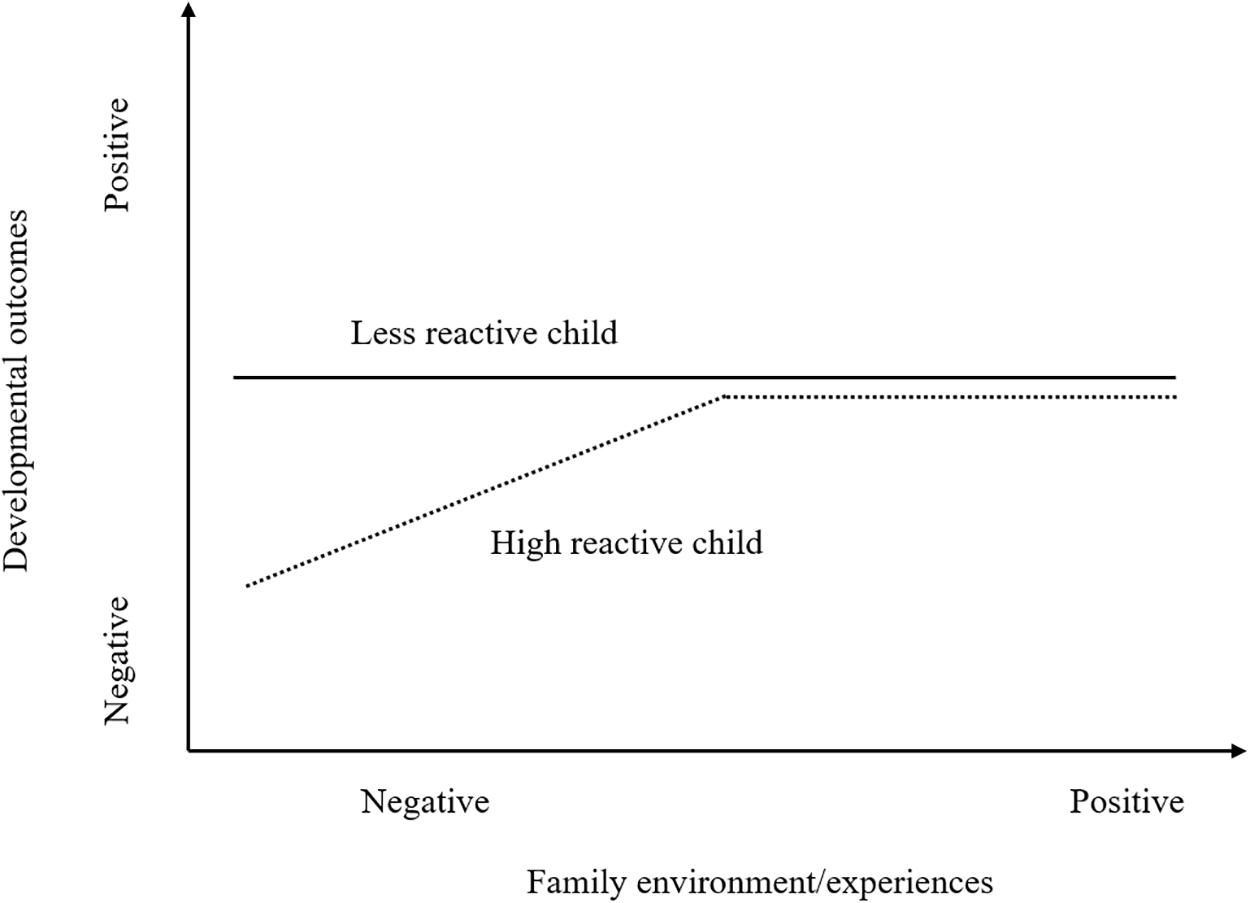

Within an experimental setting, reactivity is viewed as a threat to internal validity because the change in behavior is not due to the experimental manipulation. How do people react when they see familiar versus unfamiliar persons and which factors influence this reaction? To investigate this an Approach Avoidance Task is being used. the condition in which a participant being observed is changed in some way by the act of observation. A third line of research is involved with trauma and the implicit reactions towards parents. Within this study I am focusing on the role of neuronal emotional reactivity in the intergeneration transmission of abuse.Ī second line of research is involved with the role of life events and traumatic events in the development of PTSD. In the late 1960s, Schachter and his colleagues developed a highly influential proposal that became known as the externality theory of. In psychology, reactance is an unpleasant motivational reaction to offers, persons, rules, or regulations that threaten or eliminate specific behavioral freedoms.Reactance occurs when an individual feels that an agent is attempting to limit ones choice of response and/or range of alternatives. In our lab different measurements are carried out, for example fMRI, physiological reactivity during several tasks, computer tasks with regard to emotions and cognitions, interaction tasks between family members, a diagnostic interview and various different questionnaires. From each family, three generations (grandparents, parents and children) are invited to participate. Is this transmission mainly genetic, or is it caused by specific interaction patterns within families, or by a combination of both? A family study including multiple generations gives us the opportunity to investigate this transmission in detail and to find out under which circumstances transmission will or will not occur. However, it is not clear how this transmission occurs and which factors play a role in this intergenerational transmission.

Future research on sleep reactivity is needed to clarify its neurobiology, characterize its long-term prospective associations with insomnia and shift-work disorder phenotypes, and establish its prognostic value for mental illness and other non-sleep disorders.įord insomnia response to stress test mental health preventive treatment.Research demonstrates that forms of parenting are transmitted from one generation to the next. Given that insomniacs with high sleep reactivity tend to present with severe insomnia phenotypes, patient sleep reactivity may inform triaging to different levels of treatment. With the development of cost-effective assessment of sleep reactivity, we can now identify individuals at risk of future insomnia, shift-work disorder and mental illness, thus identifying a target population for preventive intervention. Importantly, stress-related worry and rumination may exploit sensitive sleep systems, thereby augmenting the pathogenicity of sleep reactivity. High sleep reactivity is also linked to risk of shift-work disorder, depression and anxiety. Sleep reactivity is most pathologically and clinically pertinent when in excess, such that high sleep reactivity predicts risk for future insomnia disorder, with early evidence suggesting high sleep reactivity corresponds to severe insomnia phenotypes (sleep onset insomnia and short sleep insomnia). Reactance occurs when an individual feels that an agent is attempting to limit one's choice of response and/or range of alternatives. Further work has identified neurobiological underpinnings for sleep reactivity involving disrupted cortical networks and dysregulation in the autonomic nervous system and hypothalamic-pituitary-adrenal axis. In psychology, reactance is an unpleasant motivational reaction to offers, persons, rules, or regulations that threaten or eliminate specific behavioral freedoms. Research shows that genetics, familial history of insomnia, female gender and environmental stress influence how the sleep system responds to stress. Individuals with highly reactive sleep systems experience drastic deterioration of sleep when stressed, whereas those with low sleep reactivity proceed largely unperturbed during stress. 5 Emotional sensitivity is mainly reflected in the threshold of emotional reaction. Sleep reactivity is the trait-like degree to which stress exposure disrupts sleep, resulting in difficulty falling and staying asleep. A complicated conception, emotion reactivity is composed of multi-dimensions, which could be roughly divided into three aspects: emotional sensitivity, emotional persistence, and emotional intensity.


 0 kommentar(er)
0 kommentar(er)
